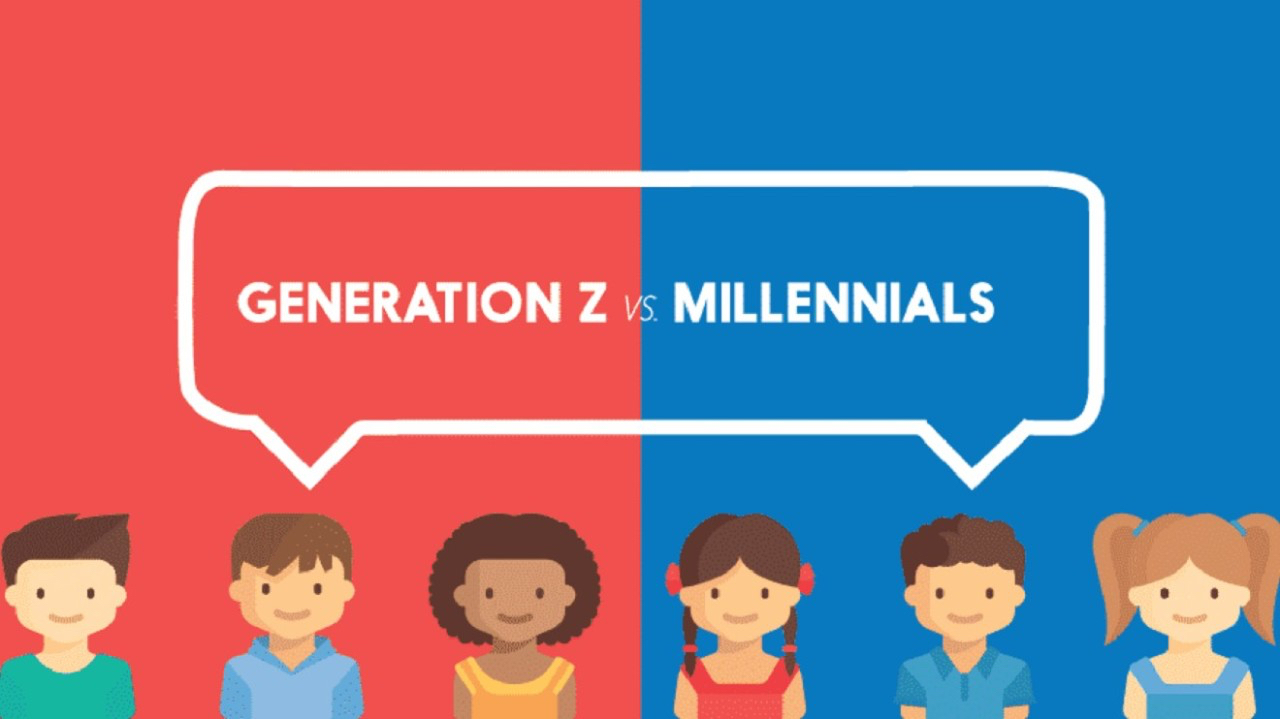Have you ever had a dream so vivid, strange, or oddly specific that you woke up wondering, What is going on in my subconscious? If you’re a Millennial or Gen Z-er, you’re not alone. From hyper-realistic scenarios to bizarre digital landscapes, today’s younger generations are dreaming in ways that look—and feel—very different from the dreams of previous eras.
So, what’s behind this shift? Why are younger generations experiencing such unique, emotionally charged, and often surreal dreams? Let’s unpack the trends, psychology, and cultural shifts influencing the way Millennials and Gen Z dream—and what it all might mean.
1. More Stress, More Dreams
Millennials and Gen Z are navigating life in a world full of uncertainty. Climate anxiety, job insecurity, economic challenges, and the pressure to maintain a “perfect” online presence are just a few of the stressors that weigh heavily on these generations.
And when stress rises, so does dream intensity. According to sleep experts, emotional stress can trigger more REM sleep—the stage where most vivid dreams occur. It’s no wonder so many Millennials report recurring dreams about failure, school exams, or being chased. These dreams often reflect the pressure cooker of modern adulthood.
2. The Digital World Is Bleeding Into Dreamland
Many Gen Z dreamers report dreaming about phones, apps, scrolling, influencers, and even AI. It’s not uncommon to hear someone say they had a dream about their TikTok going viral or their phone breaking mid-Instagram post. These weren’t even concepts thirty years ago.
Millennials were the first digital natives. Gen Z is practically born online. This constant connection to technology doesn’t turn off when the lights go out. Instead, it shapes a whole new dream language—one made up of likes, notifications, and digital dilemmas.
3. More Dream Sharing Means More Dream Awareness
Thanks to platforms like Reddit, TikTok, and even Pinterest, more people are openly sharing their dreams than ever before. This cultural openness creates a feedback loop. When you see someone post about their oddly specific dream, you start to notice your own more.
Gen Z in particular is curious about the meaning behind their dreams and often seeks interpretations from astrology apps, tarot readers, or spiritual influencers. That collective curiosity fuels dream recall and awareness.
4. Lucid Dreaming and Dream Hacking Are On the Rise
Millennials and Gen Z are far more likely to experiment with lucid dreaming—where you’re aware you’re dreaming and can even control what happens. Some even use apps, binaural beats, or dream journals to try to “hack” their dream state.
Why? For many, it’s about control in a chaotic world. If reality feels overwhelming, the dream world becomes a space of escape, creativity, and even healing. Lucid dreaming lets you explore emotions, conquer fears, or simply fly through the sky for fun.
5. A Shift Toward Emotional Intelligence
Compared to Boomers or Gen X, Millennials and Gen Z are much more in tune with their emotions. Therapy, mental health conversations, and self-awareness are no longer taboo—they’re encouraged.
This emotional openness can show up in dreams as deeper, more symbolic scenarios. Instead of dreaming in black-and-white patterns, these generations dream in metaphors. A broken phone isn’t just a broken phone—it’s a symbol of disconnection or anxiety. A flooded room might reflect being emotionally overwhelmed.
6. Cultural Diversity and Global Influence
Dreams are shaped by what we consume—and younger generations are consuming global content more than ever. From K-dramas and anime to Afrobeat and French film, today’s media influences are far more diverse.
That global reach introduces new symbolism and dream tropes. You might dream of traveling to Seoul or interacting with deities from mythology you didn’t grow up with. The dream world is now as multicultural and interconnected as the internet itself.
7. More Curiosity About the Mystical
From astrology apps to spiritual TikTok, Millennials and Gen Z are openly exploring the mystical side of life. Crystals, manifestation, tarot, and dream interpretation are part of the conversation. People aren’t just having dreams—they’re analysing them.
This revival of the mystical brings fresh attention to the symbolic nature of dreams. Instead of brushing off a strange dream, many Gen Z-ers will look it up, journal about it, or even create a vision board inspired by it.
So, What Does This Mean?
Millennials and Gen Z are dreaming differently because they’re living differently. Their dreams reflect a world that’s faster, more connected, more anxious, and more self-aware than ever before.
Whether it’s a dream about failing a Zoom call, flying through your For You Page, or talking to your inner child, your dreams are valid—and they’re telling you something about your world.
At the end of the day, dreams are deeply personal but also shaped by culture, experience, and generation. If you’re a Millennial or Gen Z-er dreaming differently than your parents did, it’s not just you—it’s the times we live in.
So go ahead—track your dreams, talk about them, and don’t be afraid to explore their meanings. You might just learn something about yourself that waking life hasn’t revealed yet.






One Comment